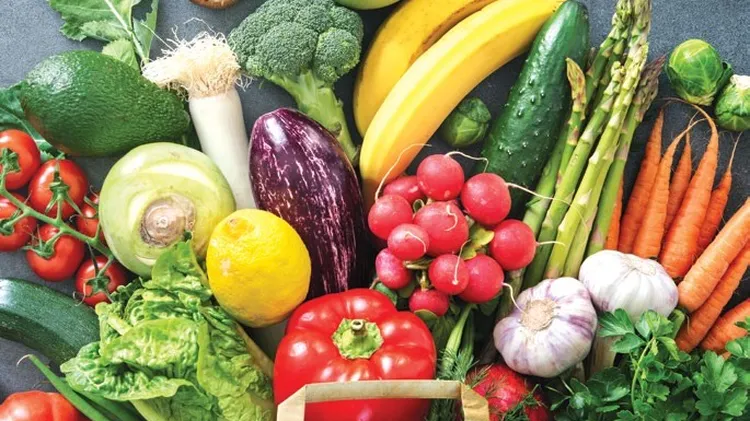Ultra-processed foods can be found in some unexpe
Ultra-processed foods and where to find them
3 min read
This article is from...
Read this article and 8000+ more magazines and newspapers on Readly






